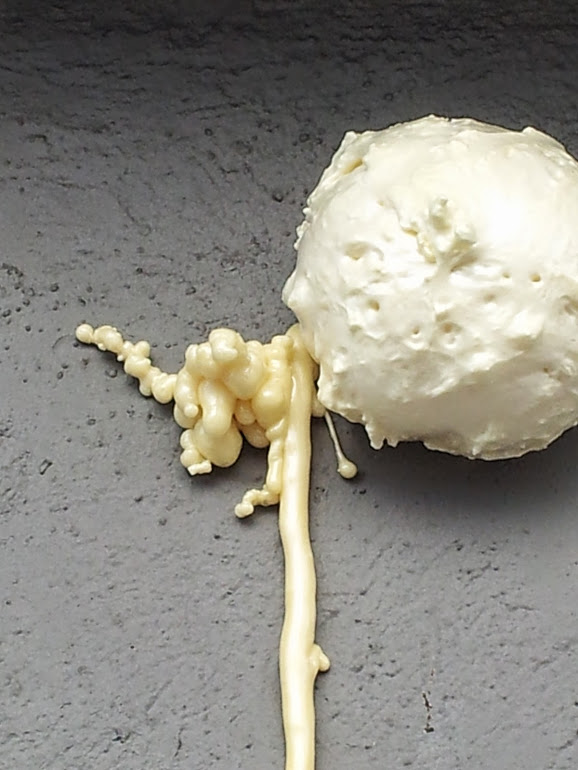Insulation can help your home in two significant ways; reduce your energy bills and make your home comfortable. With the debate rising on the insulator’s material, Americans have experimented insulating with spray foam that has grown in popularity for its benefits. Spray foam comes in two main types: open-cell and closed-cell spray foam, each having different properties and advantages. Its rigid design makes it resistant to water, rodents, and even shrinking like most competitors.
Although this material comes with spectacular results, it can be ineffective when used in some spaces. Many users have complained of the nightmares that have resulted from using spray foam. These nightmares include; fans not effectively sucking warm air out of the homes. The chimney can also stop sucking all the smoke from your fireplace as well as the kitchen chimney.
The spray foam insulation, also known as isolation uréthane service is typically performed by professional contractors who are trained in the safe and efficient application of the foam. Spray foam insulation keeps your home airtight, inhibiting the effective suction of warm air out of the home. This article will help show the spaces you should avoid insulating with spray foam.
Do Not Use Spray Foam on the Walls
The basement walls are one of the areas in your house that require insulation to make the basement conducive and safe for your health. While insulating the wall is necessary for reclaiming your basement either as an extra bedroom or a storage space, we advise staying away from highly expanding foam instead of going with a less expanding one like open-cell spray foam, which is lighter.
Open-cell spray foam has less density compared to the closed-cell counterpart. Its sound deepening properties help filter noise from outside and around your home. Since this type of spray foam is ineffective in the attic or ceiling, it is suitable for pairing with a closed-cell spray foam insulation on your roof. Its air permeability helps maintain the proper operation of your internal fixtures like fans and fireplaces.
Don’t Use Open-cell Spray Foam on the Attic
Open-cell spray foam is lighter in density and structural design, making it less effective in areas exposed to moisture. Whether applied to the floor of your attic or its exterior walls, this material cannot sustain the amount of heat from your home’s roof. This makes it quickly permeated with air which can cause temperature imbalance in the living area and higher energy bills.
Avoid Using it Near Electrical Boxes
Spray foam expands when applied onto home surfaces, a property that makes it effective in insulating your home. When applied close to electrical boxes, it may expose you to electrical hazards and damages. Also, once it comes to contact with your electric parts, it causes the parts to malfunction. It can also lead to rust that makes them costly to repair. While it is unlikely for closed-cell spray foam to expand as wide as its counterpart, its rigid design makes it ineffective in sealing small holes and openings.
Don’t Use Closed Cell Spray Foam on Windows & Doors
Insulating your home will require you to fill every tiny crack in your house, including windows and doors. Filling these spaces will need an expanding foam like open-cell spray foam to help spread and seal all the surfaces on your windows and doors. It would help trim the edges after the insulation is dried and cured. Closed-cell spray foam might be effective by its adhesive and strong properties may cause more damage to these tiny openings.
Don’t Use it on Ceiling Fixtures or Open Fire
Avoid applying spray foam insulation on light fixtures around the fan near open fires when using spray foam insulation; This is because of the material’s ability to trap heat which can increase your home’s fire risk. High expanding material can reach your wiring system jamming up connections, creating a risk as most foams are susceptible to fires.
Things to Note When Using Spray Foam Insulation
You should always seek professional help when applying spray foam insulation to your home. Finding a reputable spray foam insulation professional will help you get the best quality while saving you a turn of money in the long run. They will understand the correct measurement of chemicals and give attention to detail before, during, and after installing your insulation.
Before starting a project, wear protective gear to help keep the foam from yourself. A face mask, disposable overalls, boots, and gloves should help you breathe and keep the foam away from your body; This is why having a professional do it is the best bet for you.
Only buy a spray foam after confirming the expiration date as expired spray foam is ineffective and cannot last even when successfully installed. This can result from worn-out adhesiveness and other properties that make this foam effective in your home’s insulation.
The benefits of spray foam can only be enjoyed when this material is well installed. Understanding how different materials serve in different environments can help you assign the insulation material that best suits the space.

